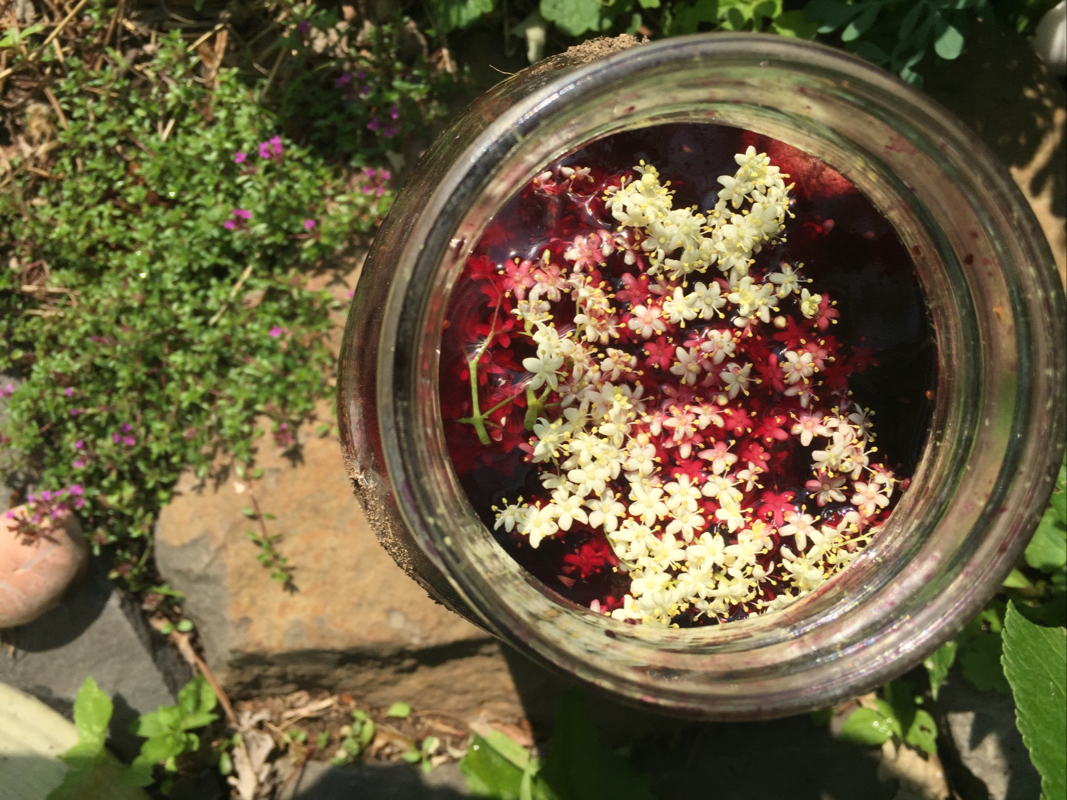|
It matters. Knowing where your medicine comes from has become as important as knowing where your food is from. Whether we are talking modern medications or ancient herbals, there are important questions to be asked.
More than 1/2 of the plant material taken from nature heads into the pharmaceutical industry to become pills. This led me to look deeper at the modern drugs so many take without question as the governing authorities and formularies often do not disclose the source of their raw material they begin with. So with some digging I learned that Heparin - a common blood thinner needed in acute hospitals situations - is made from pig intestines. Now this was surely not the information I expected and I thought deeply about how vegetarians and those refraining from pig intake for religious reasons would feel about such information. True, your life may be at stake when a nurse is hooking intravenous Heparin into your vascular system and so the priority list and questions do re-organize themselves, as they should. Coumadin - another common blood thinner prescribed in pill form for use at home is made from Turmeric Root - a common cooking spice and the main ingredient in many curries. What I do love - and many medical professionals hate - about Coumadin is that it is hard to track and "control" for it acts differently in different people. These people need frequent blood tests and dose adjustments in an attempt to control the therapeutic effects. One thing to consider are the risks of frequent venous punctures. How about all the chemicals made and used to analyze blood? Where does it come from and go to? So what if one went deeper into the why of needing a blood thinner like this. What if it leads one to shift their diet and address issues at a healing restorative level? What if one learned to make a tumeric paste and stirred it into warm water to be enjoyed with honey or coconut milk? The questions about where the Turmeric came from is logical. Was it sprayed with toxic fungicides and herbicides? Most likely and that is in your medicine too unless you ask the right questions and seek good roots to make good medicine. Formularies are not doing this or they would state it. Back to Heparin, there was a huge and quieted problem with the quality of the pig intestines harvested in remote areas of the world and this made bad medicine that ended up in people's bodies who subsequently got very ill. The problem was "found and corrected" we are told from authorities. So my question remains this, if you can make your own medicine and learn to care for your body well using simple changes in diet, lifestyle, and turning to the plants for healing that stimulates our natural way of restoration and regeneration, would you do it? Our bodies know what is happening and responding in every moment. I love that Turmeric Root, within the Coumadin manufacturing process, has retained some of its original wildness - that which will not be controlled essence. What do you think and feel about this? What are you willing to do about it? Refusing modern medicine may not be the best answer in all situations. Taking only herbals can be a luxury some cannot afford either. So we have to sit respectfully at the same table to address our healing needs as a society and consider how things are made too. It affects everything right on down to how the raw material is farmed or where it is sourced and how it is handled in transit. Shutting down and taking what you are told is another option. I do suggest a middle ground of stretching out of the comfort zone and learning new ways and asking the hard questions. What say you?
0 Comments
Your comment will be posted after it is approved.
Leave a Reply. |
Details
Jennifer Costa, Herbalist-RN, Teacher, Botanist BS, EM-CST, and Founder of ElderMoon School of Herbs & Earth MedicineCategories
All
Archives
January 2023
|

 RSS Feed
RSS Feed